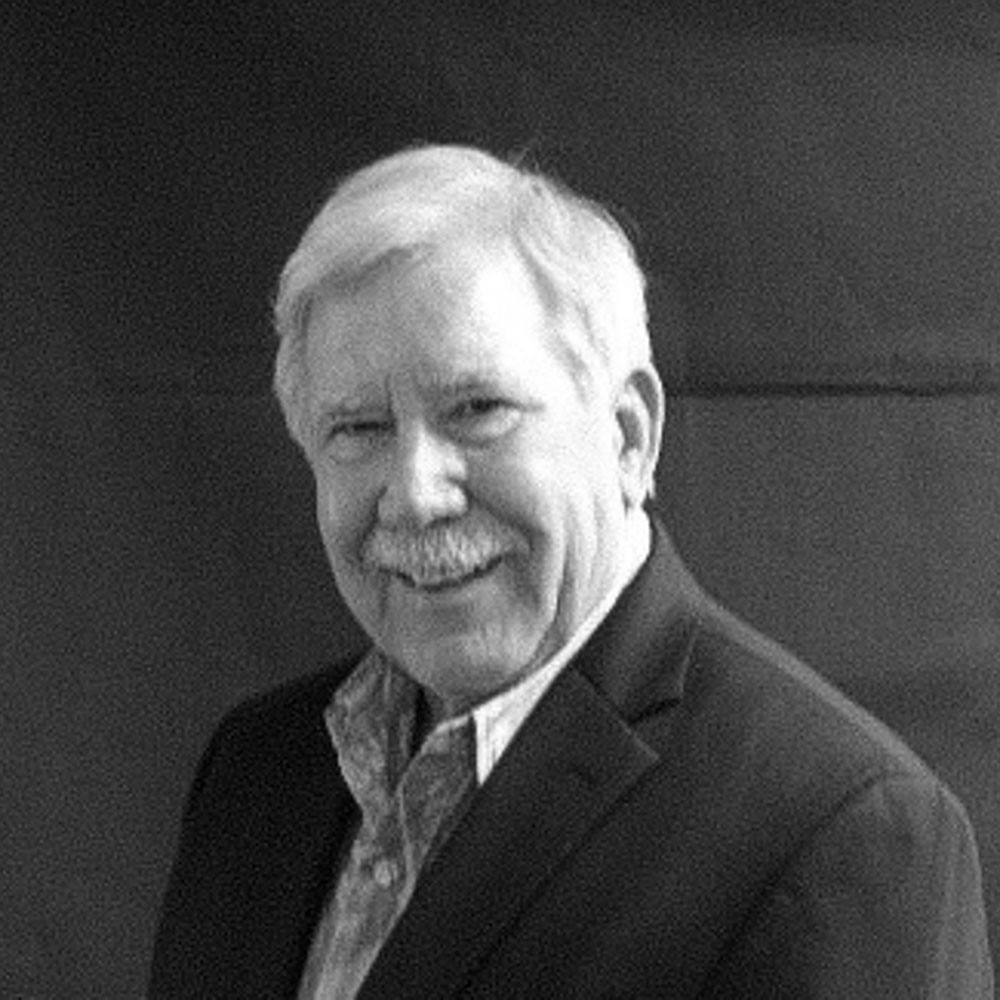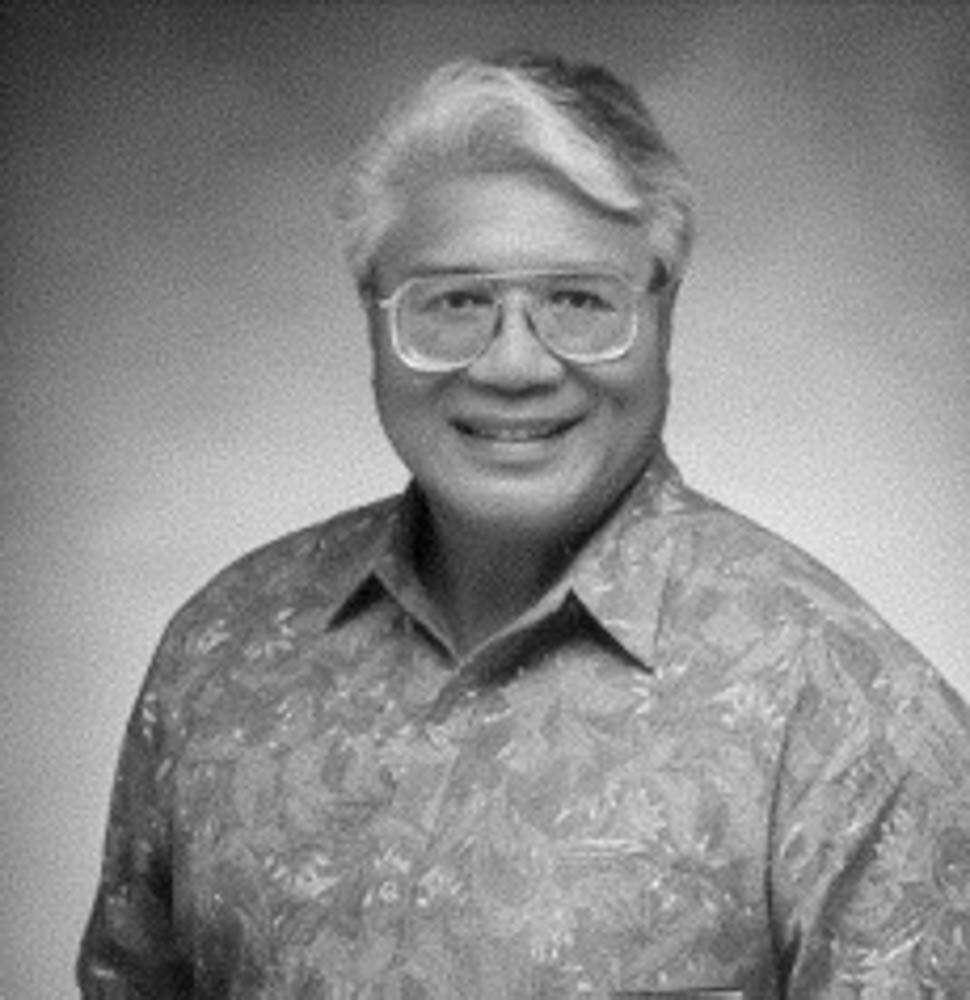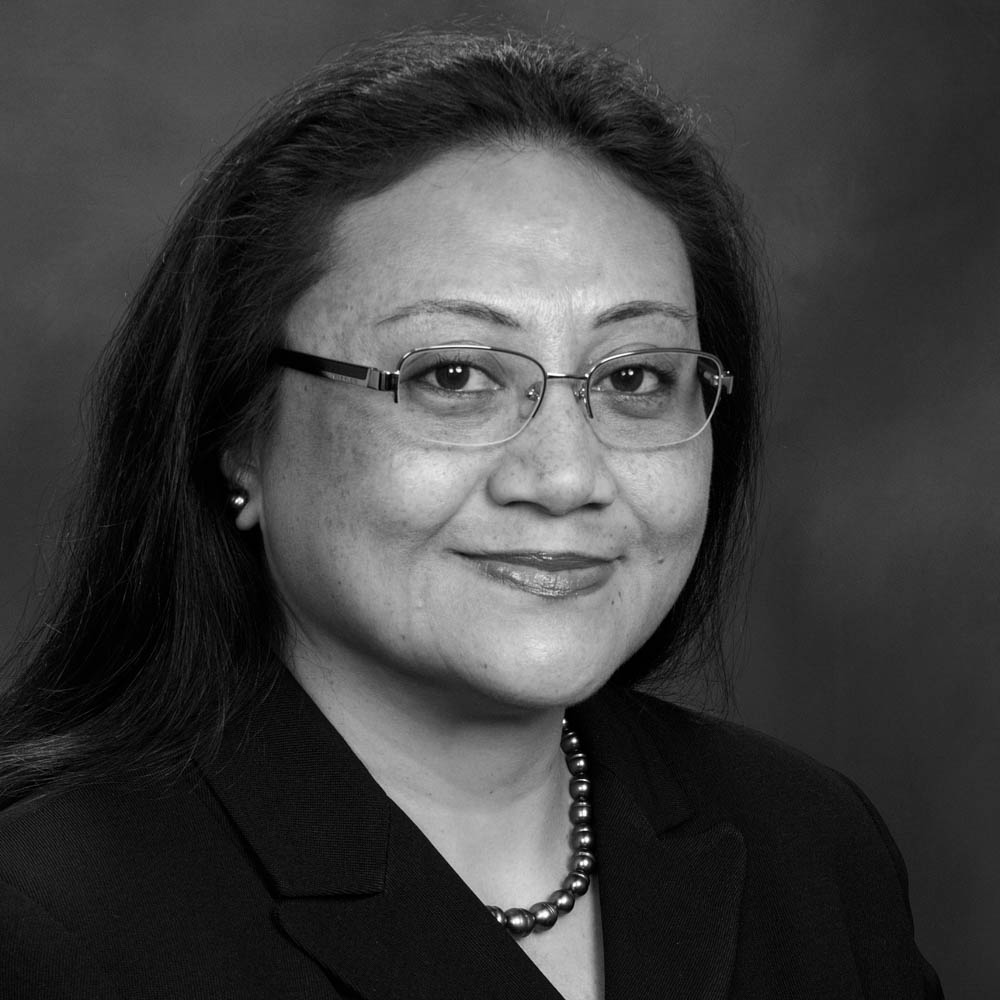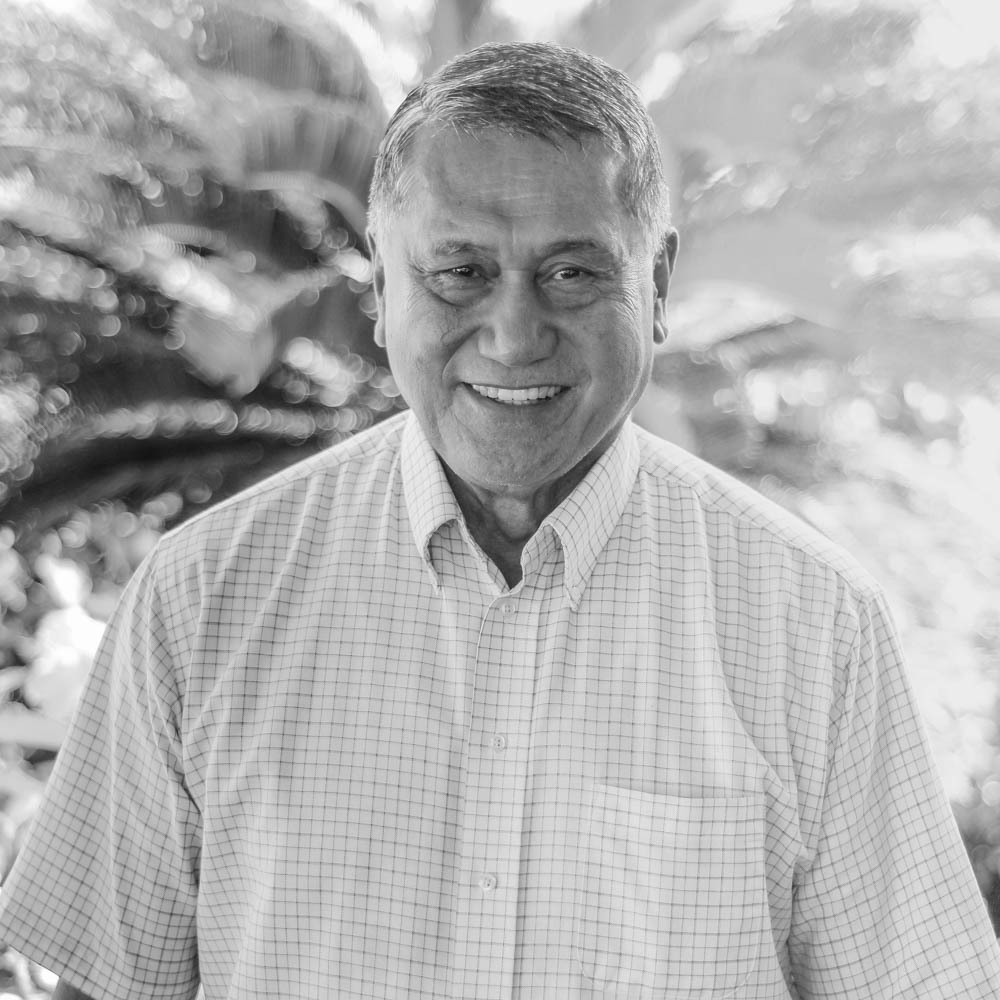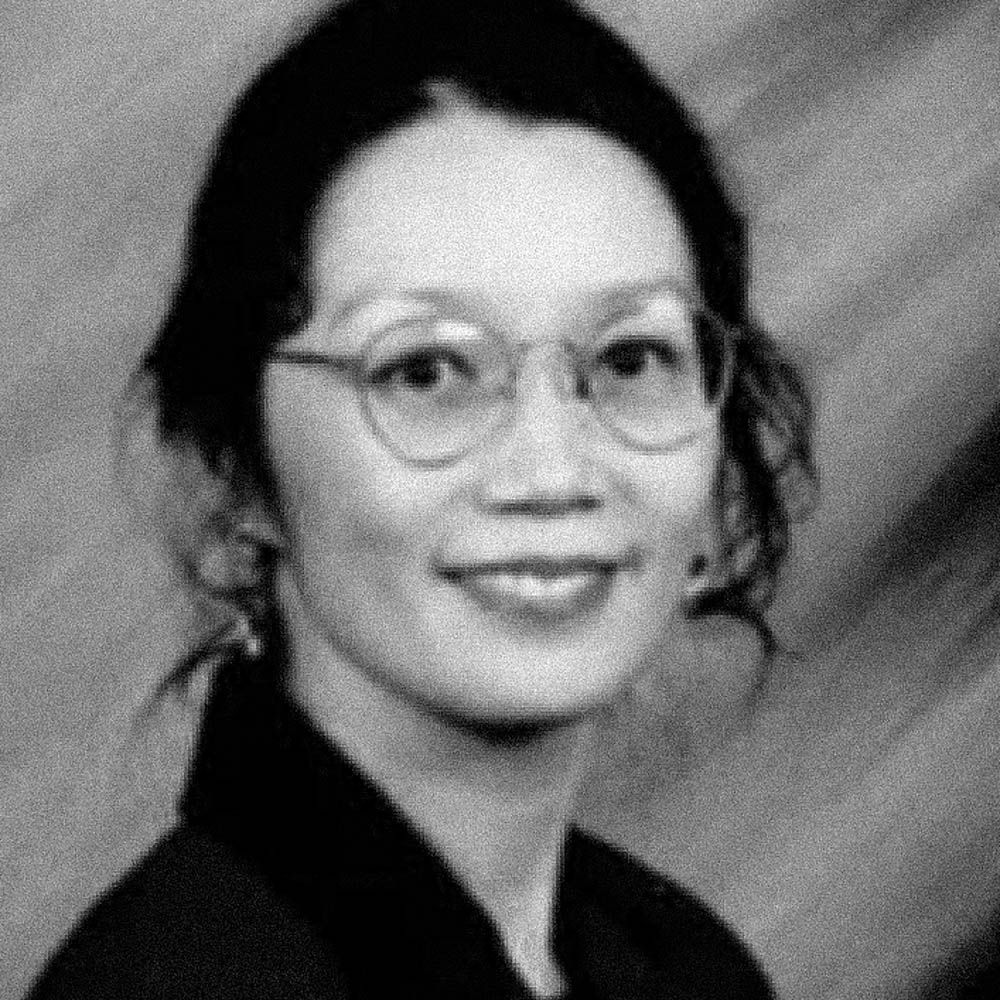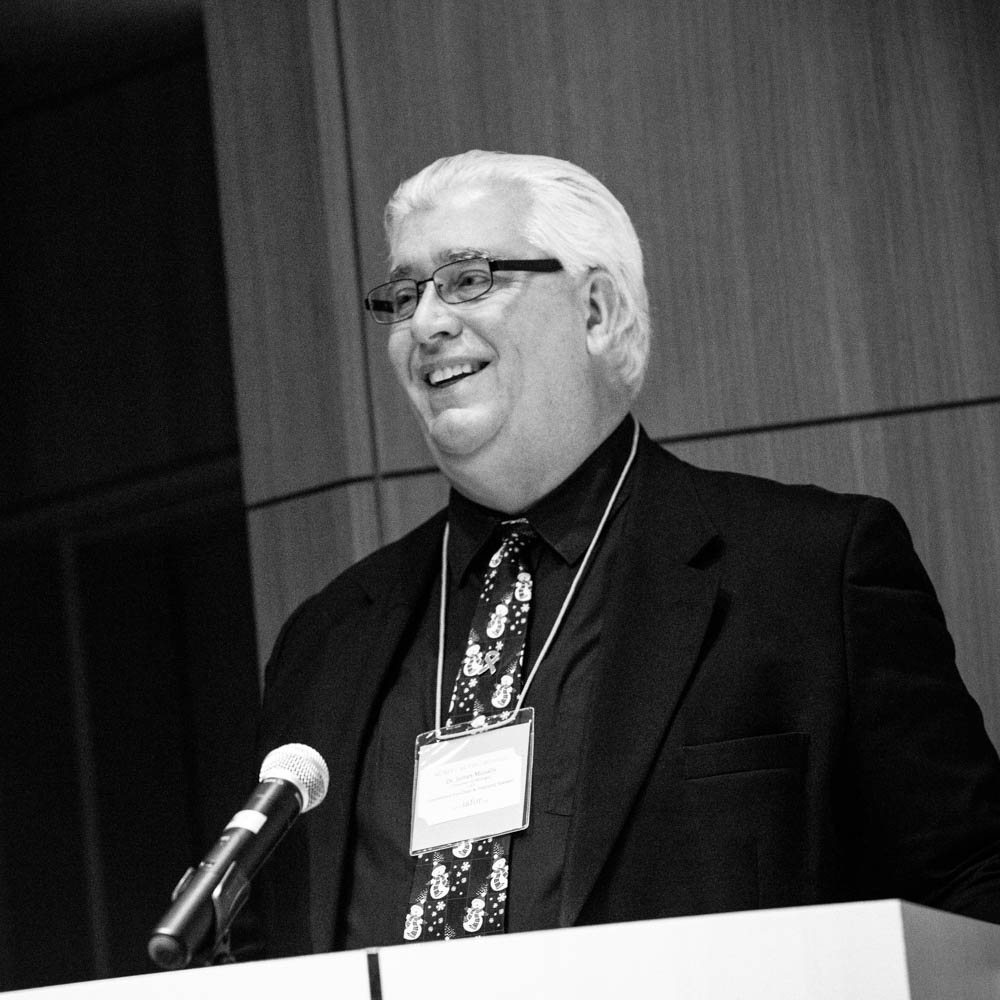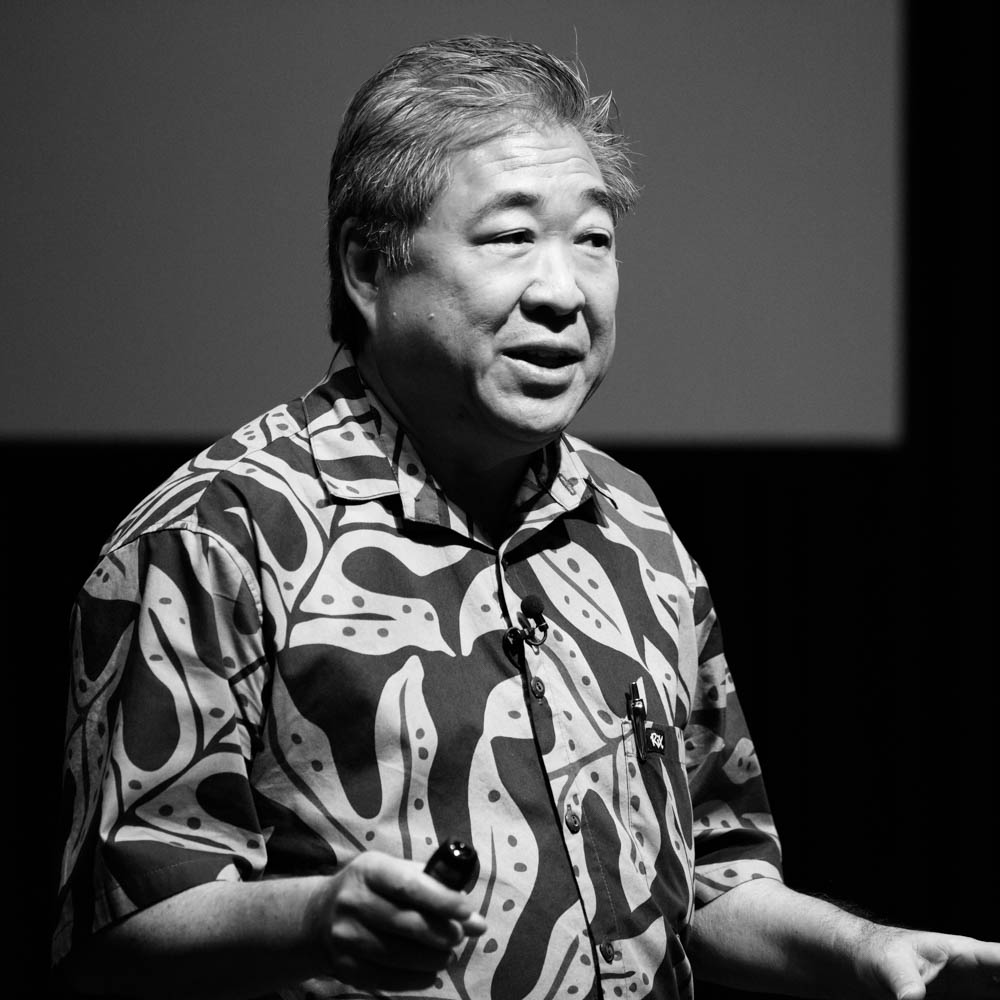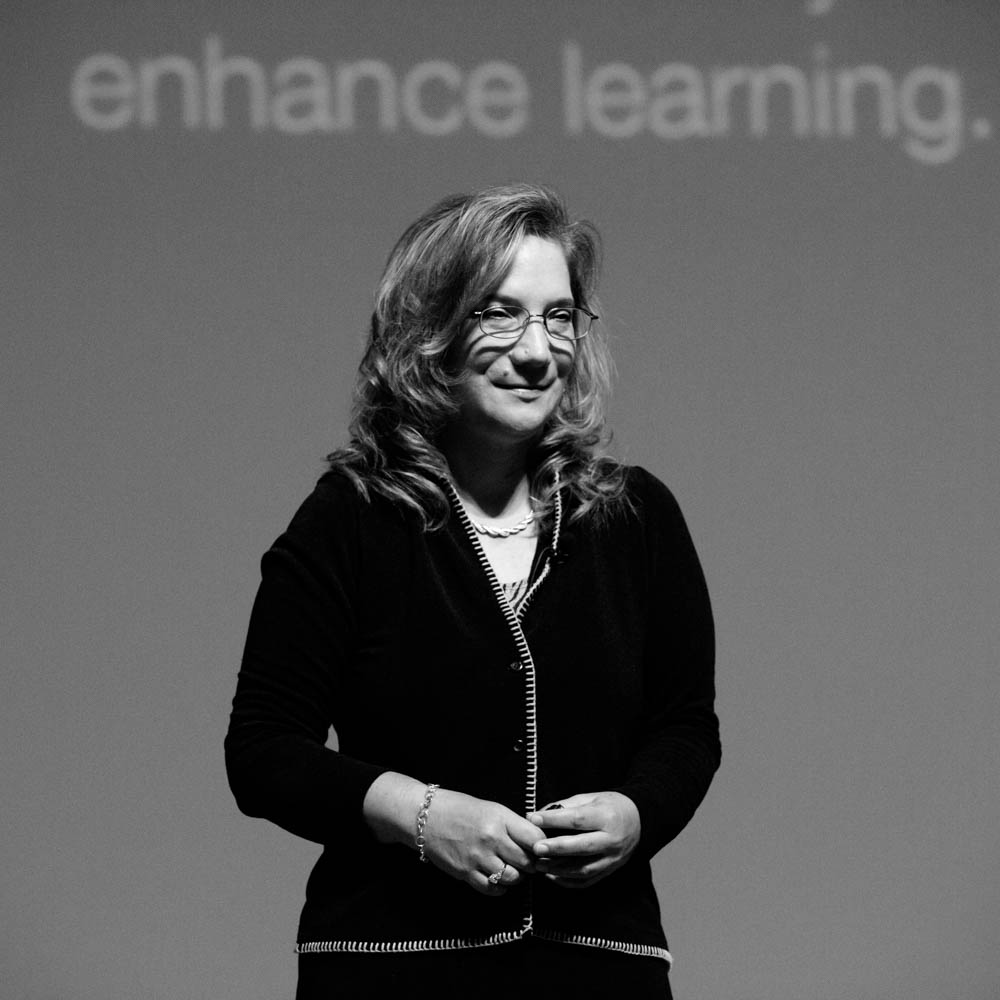
IICSEEHawaii2020
January 10-12, 2020 | The Hawai'i Convention Center, Honolulu, Hawaii, USA

Held in partnership with the University of Hawai'i at Mānoa, this international conference encourages academics and scholars to meet and exchange ideas and views in a forum stimulating respectful dialogue, by bringing together university scholars working throughout Hawai'i, the United States, Asia, and beyond to share ideas and research at the intersection of education and sustainability. This event will afford an exceptional opportunity for renewing old acquaintances, making new contacts, networking, and facilitating partnerships across national and disciplinary borders.
Since its founding in 2009, IAFOR has brought people and ideas together in a variety of events and platforms to promote and celebrate interdisciplinary study, and underline its importance. Over the past year we have engaged in many cross-sectoral projects, including those with universities (the University of Barcelona, Hofstra University, UCL, University of Belgrade and Moscow State University), think tanks (the East-West Center), as well as collaborative projects with the United Nations in New York, and the Government of Japan through the Prime Minister’s office, and right here in Honolulu with the University of Hawai'i at Mānoa for this conference!
With the IAFOR Research Centre at the Osaka School of International Public Policy (OSIPP) at Osaka University, we have engaged in a number of interdisciplinary initiatives we believe will have an important impact on domestic and international public policy conversations. It is through conferences like these that we expand our network and partners, and we have no doubt that IICSEEHawaii2020 and IICEHawaii2020 will offer a remarkable opportunity for the sharing of research and best practice, for the meeting of people and ideas. We expect the resultant professional and personal collaborations to endure for many years, and we look forward to seeing you in Honolulu!
The 4th IAFOR International Conference on Sustainability, Energy & the Environment – Hawaii (IICSEEHawaii2020) was held alongside The 5th IAFOR International Conference on Education – Hawaii (IICEHawaii2020), and many of the sessions concentrated on areas at the intersection of education and sustainability. In keeping with IAFOR’s commitment to interdisciplinary study, delegates at either conference were encouraged to attend sessions in other disciplines. Registration for either conference will allow delegates to attend sessions in the other.
Programme
-
 SDGs and Education: Teacher Deployment and School Facility Installment in Early Childhood Care and Education (ECCE) in Vietnam, Laos and CambodiaFeatured Presentation: Keiichi Ogawa
SDGs and Education: Teacher Deployment and School Facility Installment in Early Childhood Care and Education (ECCE) in Vietnam, Laos and CambodiaFeatured Presentation: Keiichi Ogawa -
 Climate Emergency: The Road Ahead Beyond Heroes and VillainsKeynote Presentation: Harrie Vredenburg
Climate Emergency: The Road Ahead Beyond Heroes and VillainsKeynote Presentation: Harrie Vredenburg -
 Culture and Society in the New Modernization ParadigmPanel Presentation: Ljiljana Markovic & Janina Martin
Culture and Society in the New Modernization ParadigmPanel Presentation: Ljiljana Markovic & Janina Martin -
 The Future of Liberal EducationPanel Presentation: April Nozomi Goodwin & Reed Dasenbrock
The Future of Liberal EducationPanel Presentation: April Nozomi Goodwin & Reed Dasenbrock -
 Global and Educational Engagement through Innovative Technology and PedagogiesPanel Presentation: Ann Hartman, Ger Thao & Yuko Ida
Global and Educational Engagement through Innovative Technology and PedagogiesPanel Presentation: Ann Hartman, Ger Thao & Yuko Ida -
 Education, Work, and Sustainability in the Fourth Industrial RevolutionPanel Presentation: Deane E. Neubauer, David P. Ericson & Alexander J. Means
Education, Work, and Sustainability in the Fourth Industrial RevolutionPanel Presentation: Deane E. Neubauer, David P. Ericson & Alexander J. Means -
 Pacific Solo: A Voyage to Nemo North in the Middle of the North Pacific Garbage PatchFeatured Presentation: Lowell Sheppard
Pacific Solo: A Voyage to Nemo North in the Middle of the North Pacific Garbage PatchFeatured Presentation: Lowell Sheppard
Speakers
Keynote Speakers
Featured Speakers
-
 April Nozomi GoodwinUniversity of Hawai‘i at Mānoa, USA
April Nozomi GoodwinUniversity of Hawai‘i at Mānoa, USA -
 Reed DasenbrockUniversity of Hawai‘i at Mānoa, USA
Reed DasenbrockUniversity of Hawai‘i at Mānoa, USA -
 Yuko IdaUniversity of Hawai‘i at Mānoa, USA
Yuko IdaUniversity of Hawai‘i at Mānoa, USA -
 Ann HartmanEast-West Center, USA
Ann HartmanEast-West Center, USA -
 Ger ThaoUniversity of Hawai‘i at Mānoa, USA
Ger ThaoUniversity of Hawai‘i at Mānoa, USA -
 Keiichi OgawaKobe University, Japan
Keiichi OgawaKobe University, Japan -
 Janina MartinUniversity of Hawai’i at Mānoa, USA
Janina MartinUniversity of Hawai’i at Mānoa, USA -
 Ljiljana MarkovicUniversity of Belgrade, Serbia
Ljiljana MarkovicUniversity of Belgrade, Serbia -
 Lowell SheppardPacific Solo & HOPE International Development Agency Japan
Lowell SheppardPacific Solo & HOPE International Development Agency Japan -
 Alex MeansUniversity of Hawaiʻi at Mānoa, USA
Alex MeansUniversity of Hawaiʻi at Mānoa, USA -
 Nathan MurataUniversity of Hawaii at Manoa, USA
Nathan MurataUniversity of Hawaii at Manoa, USA -
 Deane NeubauerEast-West Center, USA
Deane NeubauerEast-West Center, USA -
 Michael MenchacaUniversity of Hawaii at Manoa, USA
Michael MenchacaUniversity of Hawaii at Manoa, USA -
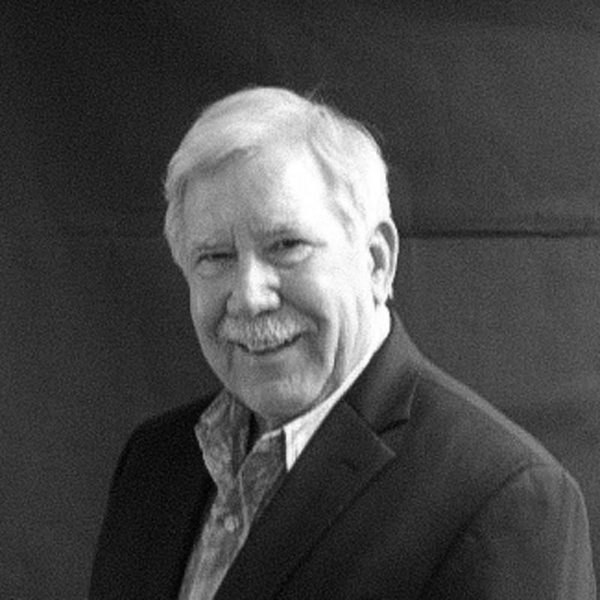 David P. EricsonUniversity of Hawaii at Manoa, USA
David P. EricsonUniversity of Hawaii at Manoa, USA
Organising Committee
The Conference Programme Committee is composed of distinguished academics who are experts in their fields. Conference Programme Committee members may also be members of IAFOR's International Academic Board. The Organising Committee is responsible for nominating and vetting Keynote and Featured Speakers; developing the conference programme, including special workshops, panels, targeted sessions, and so forth; event outreach and promotion; recommending and attracting future Conference Programme Committee members; working with IAFOR to select PhD students and early career academics for IAFOR-funded grants and scholarships; and overseeing the reviewing of abstracts submitted to the conference.
-
 Alex MeansUniversity of Hawaiʻi at Mānoa, USA
Alex MeansUniversity of Hawaiʻi at Mānoa, USA -
 Michael MenchacaUniversity of Hawaii at Manoa, USA
Michael MenchacaUniversity of Hawaii at Manoa, USA -
 Joseph HaldaneThe International Academic Forum (IAFOR), Japan
Joseph HaldaneThe International Academic Forum (IAFOR), Japan -
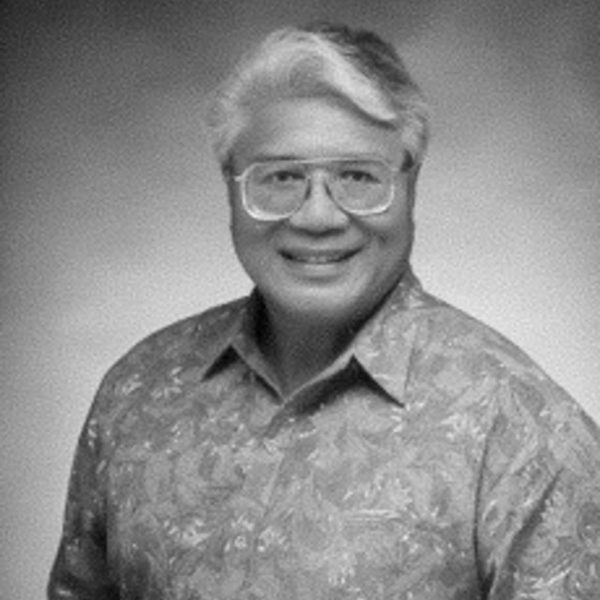 Failautusi ‘Tusi’ AvegalioUniversity of Hawaiʻi at Manoa, USA
Failautusi ‘Tusi’ AvegalioUniversity of Hawaiʻi at Manoa, USA -
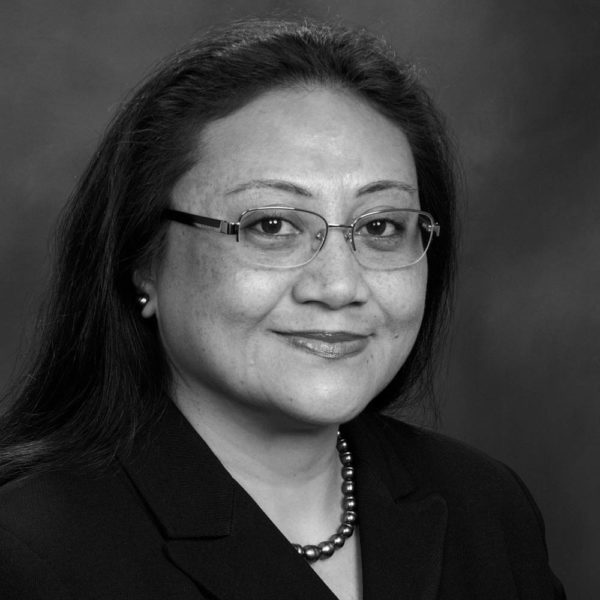 Sela V. PanapasaUniversity of Michigan, USA
Sela V. PanapasaUniversity of Michigan, USA -
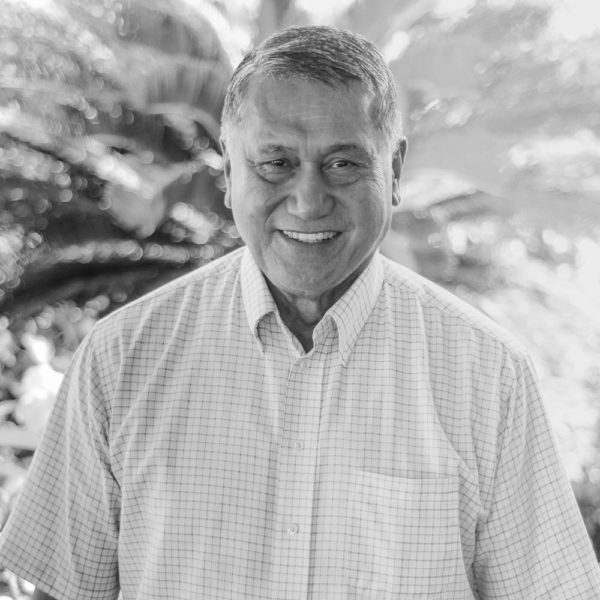 Hiagi M. WesleyBrigham Young University – Hawaii, USA
Hiagi M. WesleyBrigham Young University – Hawaii, USA -
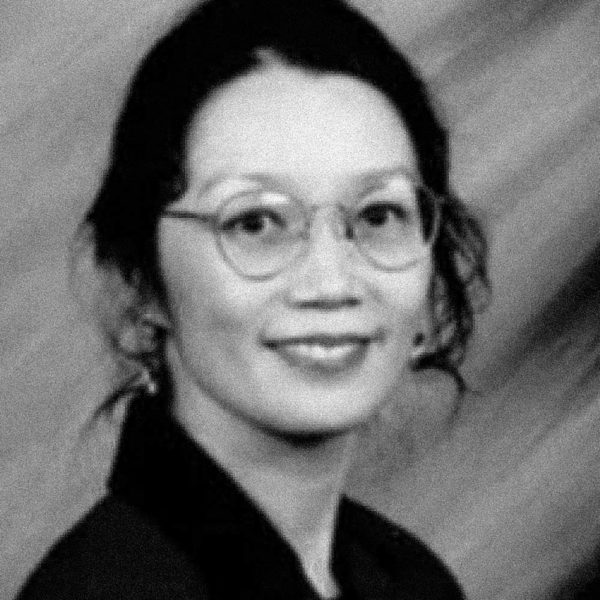 Xu DiUniversity of Hawai’i at Manoa, USA
Xu DiUniversity of Hawai’i at Manoa, USA -
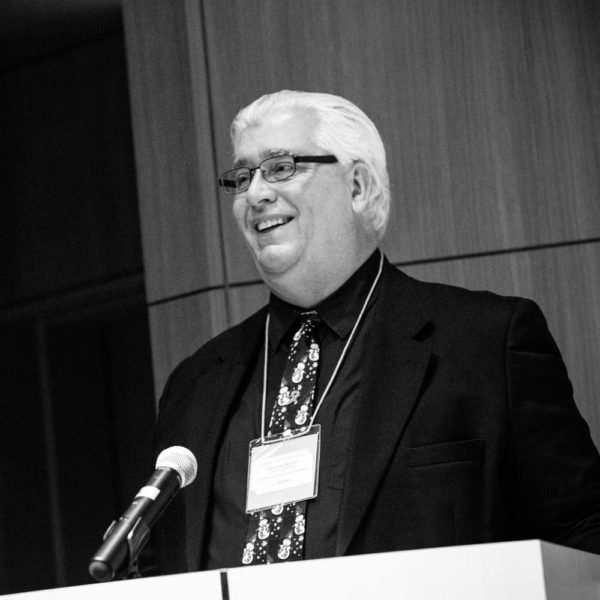 James W. McNallyUniversity of Michigan, USA & NACDA Program on Aging
James W. McNallyUniversity of Michigan, USA & NACDA Program on Aging -
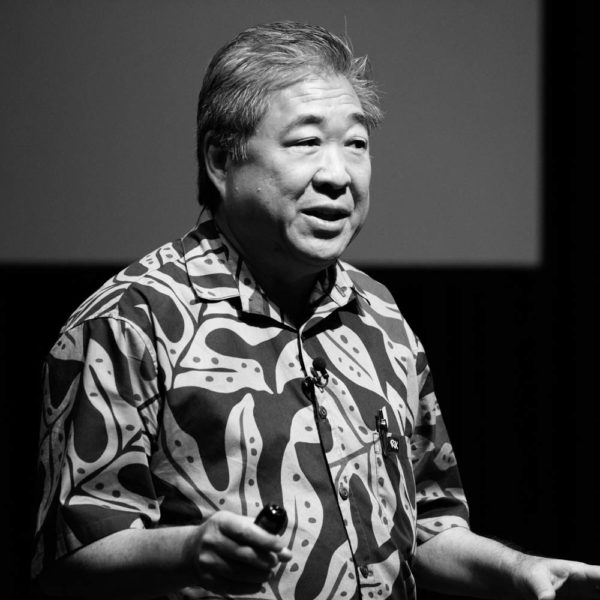 Curtis HoUniversity of Hawai’i at Manoa, USA
Curtis HoUniversity of Hawai’i at Manoa, USA -
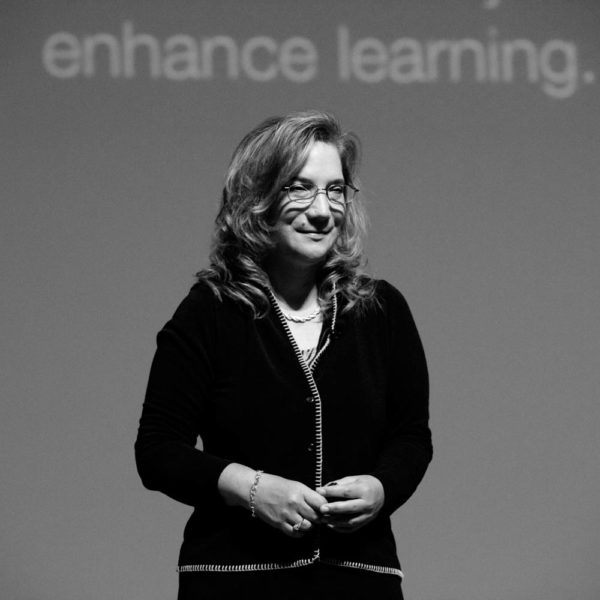 Barbara LockeeVirginia Tech, USA
Barbara LockeeVirginia Tech, USA
2020 Review Committee
- Dr Getu Hailu, University of Alaska Anchorage, United States
- Dr Glenda Bonifacio, University of Lethbridge, Canada
- Professor Kenneth Hansen, California State University, Fresno, United States
- Dr Mutala Mohammed, Council for Scientific and Industrial Research - Institute of Industrial Research, Ghana
- Professor Cláudia Lima, Universidade Lusófona do Porto, Portugal
- Dr Colleen Halupa, East Texas Baptist University, United States
- Dr Emarely Rosa-Davila, Texas Woman's University, United States
- Dr Erick Kong, California State University East Bay, United States
- Professor Heeseon Jang, Pyeongtaek University, South Korea
- Dr Hungche Chen, Chang Gung University of Science and Technology, Taiwan
- Dr Joanie Crandall, University of Saskatchewan, Canada
- Dr Kristin Palmer, University of Virginia, United States
- Dr Leslie Scamacca, LaGuardia Community College, United States
- Dr Maria Luz Villarante, University of Perpetual Help Philippines, Philippines
- Dr Masako Mouri, Toyohashi University of Technology, Japan
- Dr Matthew Motyka, University of San Francisco, United States
- Dr Mico Poonoosamy, Josai International University, Japan
- Professor Shih-Hsuan Wei, National Taichung University of Education, Taiwan
- Dr Yifeng Yuan, University of Technology Sydney, Australia
- Dr Yu-Wen Wei, Defense Language Institute, United States
IAFOR Academic Grant & Scholarship Recipients
Our warmest congratulations go to Melo-Jean Yap, Reynold Padagas and Xiaotian Han, were selected by the conference Organising Committee to receive grants and scholarships to present their research at IICE/ICSEEHawaii2020.
IAFOR's grants and scholarships programme provides financial support to PhD students and early career academics, with the aim of helping them pursue research excellence and achieve their academic goals through interdisciplinary study and interaction. Awards are based on the appropriateness of the educational opportunity in relation to the applicant's field of study, financial need, and contributions to their community and to IAFOR's mission of interdisciplinarity. Scholarships are awarded based on availability of funds from IAFOR and vary with each conference.
Find out more about IAFOR grants and scholarships: www.iafor.org/financial-support
Melo-Jean Yap | Stuart D. B. Picken Grant & Scholarship Recipient
Matriarchs Matter: Family Influences to Scientific Thinking of Women of Color in the Community College
Melo-Jean Yap, San Diego State University, United States
Dr Melo-Jean Yap is a Postdoctoral Research Fellow at San Diego State University. She studies STEM diversity, inclusion, and equity in higher education. She also recently received her first grant from the National Science Foundation for her research on women of color STEM majors in the community college.
Reynold Padagas | IAFOR Scholarship Recipient
Beyond Design Thinking Use in Conceptual Framework Development in Nursing Informatics
Reynold Padagas, Jose Rizal University, Philippines
Dr Reynold C. Padagas, R.N. is a Faculty Lecturer of the College of Nursing and Health Sciences and the Graduate School of Jose Rizal University in the Philippines. His research interests are pedagogy, curriculum, assessment of student learning, education technology, private-public higher education institution complementarity, and any other nursing and health-related research undertakings.
Xiaotian Han | IAFOR Scholarship Recipient
The Associations Between the Perception of Helpfulness of Teacher Induction Programs and Anticipated First-year Teacher Retention in China
Xiaotian Han, Shanghai Normal University Tianhua College, China
Dr Xiaotian Han received her doctor of education at the University of the Pacific in Summer of 2019. She has been teaching in K-8 for five years in California (USA) before becoming an instructor in higher education in Shanghai, China. Her research interests include teacher education and secondary math education.























